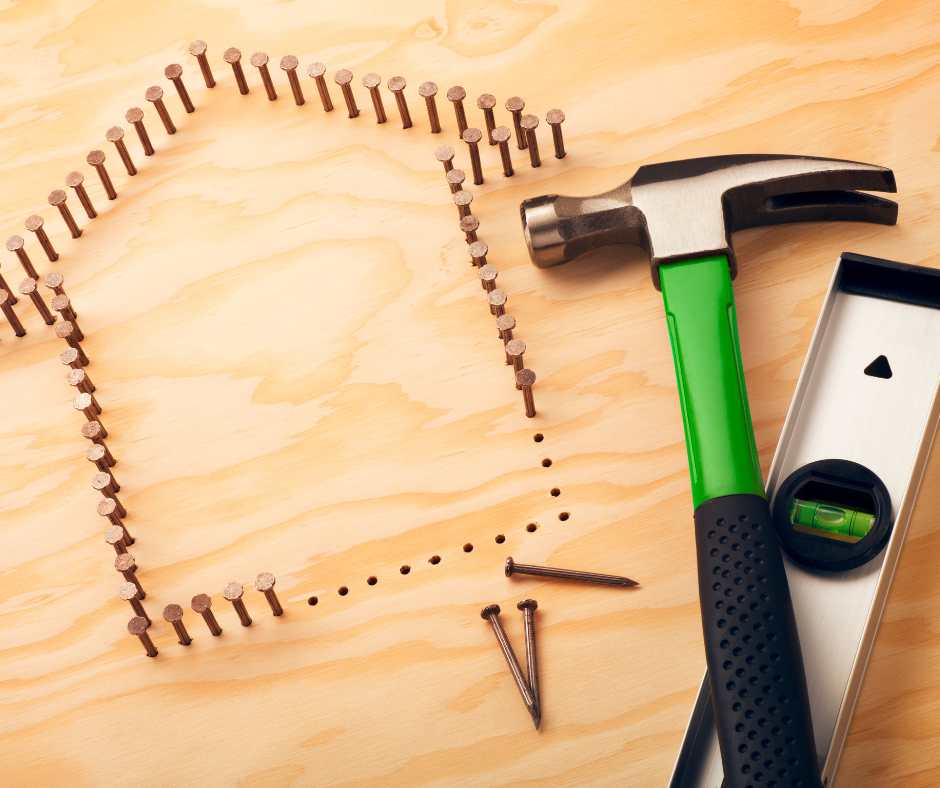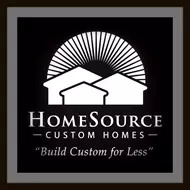Custom Home Builder St Louis
Looking for a custom home builder in St Louis? If you are considering building a custom home instead of purchasing an existing property, there are many factors to consider before deciding. You'll want to find the right property, hire the right builder, and understand the custom home-building process well. If you're considering a custom home design, it's essential to understand the different terms you are likely to encounter. There are several types of new homes to consider. You should choose a new home based on your desired level of involvement with the design/build, budget, and timeframe.
Construction Terminology
As you begin your home search, you’ll likely encounter several terms new home builders use. Many builders offer a range of new home options, from standard floor plans to truly one-of-a-kind custom designs.
Spec Home
Spec homes are designs pre-chosen for a particular lot with limited or no customization or input on the buyer's end. A spec home can come as a house and land package or often as a completed product ready for purchase. Most times, they are already built or under construction. Spec homes are usually the quickest way to move into a brand-new home.
Standard Plan
Many home builders offer a collection of floor plans. These plans are considered "tried and true" and provide a range of styles, budgets, and amenities. You may be allowed limited personalization, such as choosing fixtures, flooring, and paint colors. You will have little involvement in the home's design, although some limited options may be available. For example, you can choose a media room or home office instead of an extra bedroom.
Semi-Custom
Some home builders can customize an existing floor plan from top to bottom to fit your family's needs. This option gives homebuyers much more input into the design process. After choosing from the pre-existing layouts, the homeowner works with the builder to select specific customized options for the home. While this may simplify and expedite the design process, the result is a reflection of the options provided by the builder rather than a reflection of the homeowner's vision.
Custom Home
A custom home project is one where you work directly with a homebuilder to design, plan, and select every detail about the home's construction, layout, and finishes. The homebuyer has near-total control of the home's layout, look, and feel. Custom homes are designed with the homeowner's lifestyle in mind and can include features such as open floor plans, large windows, custom cabinetry, and other amenities. Custom homes tend to take longer to build and are generally more expensive than pre-built homes, but the result is a true expression of the homeowner's style and priorities.
Who Builds Custom Homes?
A custom home builder is a professional who designs and constructs houses to individual client's specific needs and preferences. They work with clients to create a design that meets their needs and then oversee the construction process to ensure the home is built to the highest standards. Custom home builders typically work with a team of architects, engineers, and subcontractors to complete the project. In addition to designing and building new homes, custom home builders may also be involved in remodeling or renovating existing homes. Selecting the right custom home builder is a crucial decision.

Selecting the Right Custom Home Builder
Look at Their Past Projects
Take a look at your potential builder's website. Most will have examples of their portfolio and past work. You want to find someone experienced in building homes of your desired architectural style.
Read Their Reviews
Read their online reviews and talk to the builder's previous clients. Here are a few questions to ask:
- Did the builder finish your home one time? If not, why not?
- Did your home come in on budget?
- Did the builder communicate clearly with you?
- What are the builder's best qualities?
- Would you select the same home builder again?
What Services Do They Offer?
Not all custom home builders offer the same services. Some can assist you with land acquisition or set you up with a realtor, while others won't. Some are design-build companies, and others do construction only.
Sustainability
If sustainability is important to you, you'll want to find a custom home builder with experience in eco-friendly building practices.
Hold Interviews
The only way to know if you want to work with someone is by getting to know them! Schedule a preliminary consultation with a few custom home builders to see who will best fit your needs. Custom home builders differ on what size and scope of work they can handle and how quickly they can get the job done. You will want to be on the same page with your builder about the estimated project budget and timeline.
Things to Consider When Building a New Home
No matter what type of new home construction you choose, there are several important things to consider before you get started.
Your Budget
A custom home is one of the most significant investments of your life, so you'll want to budget carefully. In addition to the investment size, the financing process for building is entirely different from buying a home on the existing market. Things that factor into your custom home building budget include the following:
- Cost of land
- Construction costs
- Material costs
- Architectural and design costs
- Interior design costs
- Decorating and furnishing costs
- Local taxes and fees
- Permits
- Changes or additions to the scope of work
Your Timeline
In addition to establishing your budget, you will want to develop an idea of your timeline. When do you want to start? How long are you willing to dedicate to this project? The average custom home building timeline differs based on various factors, such as land acquisition, permitting, and the size of the home. Generally speaking, the process from start to finish can easily take up to a year. However, even with a pre-planned timeline, the process could take much longer than anticipated, especially if unforeseen changes occur. Weather delays, supply chain issues, and material shortages can all impact your project’s timeline and budget.
Site Selection
If you own land, one of the most critical parts of your project is complete. If you don't have property, don't despair! Sometimes, the wisest thing to do is to hire a new home builder and work together to find the land for your future home. If this is your first time purchasing a vacant lot, having an expert with you can save you from many costly mistakes. Custom home builders are professionals who understand the local real estate industry. They know how to select the right property for your preferred custom design. They understand the code and zoning restrictions within a given area. Hiring an experienced home builder before you buy a property may save money by having them work with you to find the right site for your dream home.
Custom Home Builder in St. Louis
HomeSource Custom Homes is a family-owned and operated design/build construction company specializing in custom homes and additions within a 100-mile radius of St. Louis. We have delivered excellence in custom home building for nearly 4 decades by providing exceptional quality, attention to detail, and an unmatched commitment to customer service.
Our goal at HomeSource has always been to simplify the process by providing the step-by-step guidance you deserve to design a plan you love that fits your budget, build a product far superior to the typical builder, and deliver a home that exceeds your expectations. With over 900 Floor Plans, we offer plenty of options for families of all sizes.
Frequently Asked Questions
What Is SIPS Construction?
Structural Insulated Panels (SIPS) are a type of building material that consists of a foam core sandwiched between two sheets of oriented strand board (OSB). They are used to create buildings' walls, floors, and roofs and are known for their high energy efficiency and structural strength. SIPS are often used when constructing custom homes, as they can be easily modified to meet individual clients' specific needs and preferences. There are several benefits to using SIPS in construction:
- Energy efficiency: The foam core of SIPS provides a high level of insulation, which helps to keep a building warm in the winter and cool in the summer. This can result in significant energy savings.
- Strength and durability: SIPS are very strong and resistant to moisture and rot, which makes them a long-lasting building material.
- Quick and easy construction: SIPS are factory-made to be quickly and easily installed on a construction site. This can save time and money on the construction process.
- Environmentally friendly: SIPS are made from renewable resources, such as wood, and can be recycled at the end of their lifespan, making them a more sustainable building material.
What Is Timber Frame Construction?
Timber frame construction utilizes large wooden beams and posts to create the structural framework of a building. This type of construction has been used for centuries and is popular for its strength, durability, and aesthetic appeal. Both residential and commercial property owners choose timber frame construction because of its many advantages. Modern timber frame buildings are energy-efficient, structurally sound, and beautiful.
Why Should I Consider a Log Home?
The log home is an American tradition. Modern log homes offer homeowners many advantages. Log homes are durable and excellent at maintaining temperature and conserving energy. At HomeSource Custom Homes, we offer an extensive library of log home plans ranging from cozy weekend retreats to spacious year-round homes. No matter what you choose, we can tailor it to meet your needs.
What is Custom Hybrid Construction?
At HomeSource Custom Homes, our custom hybrid home combines SIPS and timber frame construction. Timber frame construction utilizes large wooden beams and posts to create the structural framework of a building. SIPS can be adapted to any floor plan but are extremely popular for providing a well-insulated building enclosure for timber frame structures. Many timber-framed homes today are hybrids - combining the great look of timber with the energy savings of SIPS.
